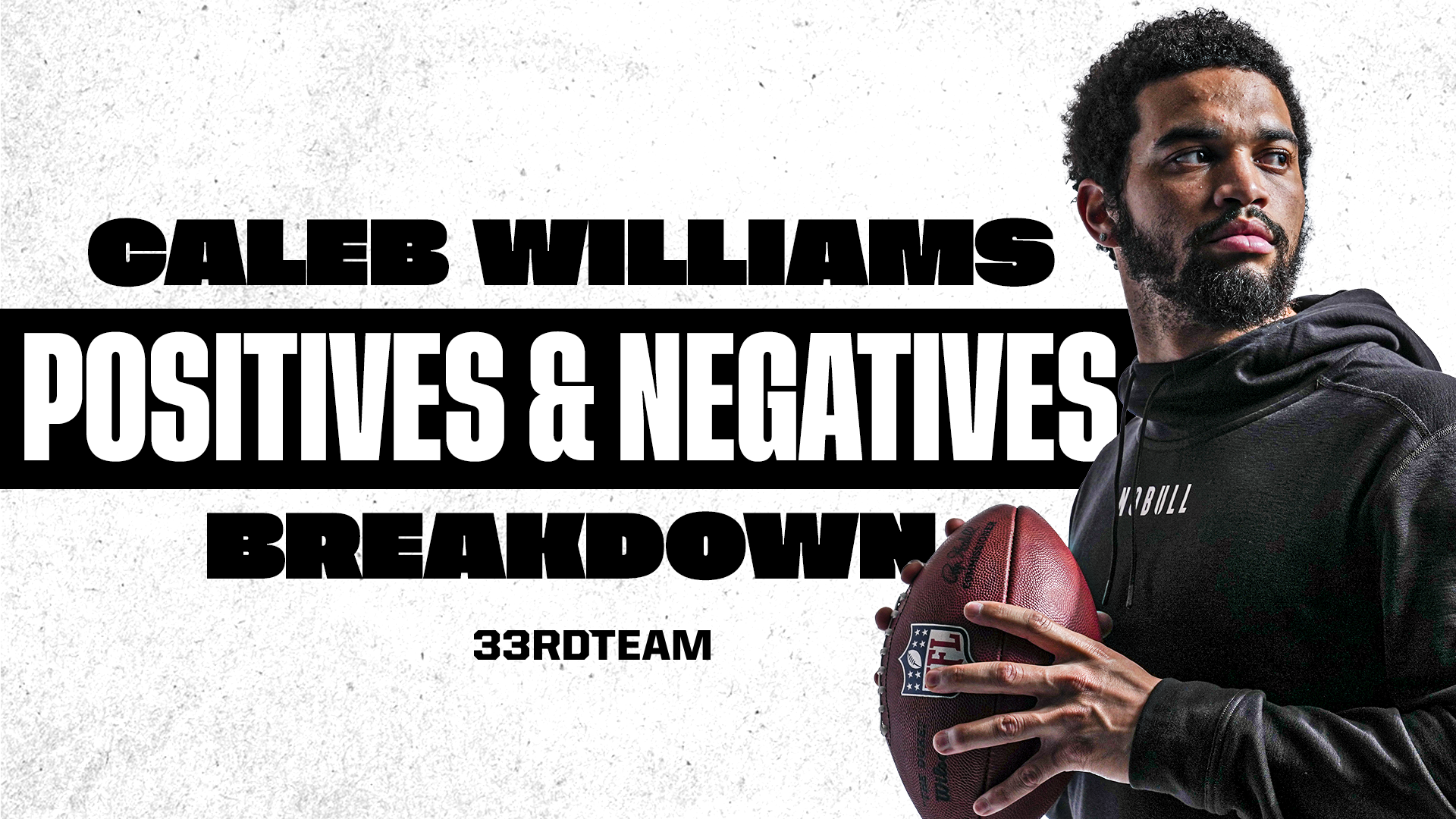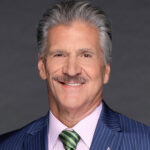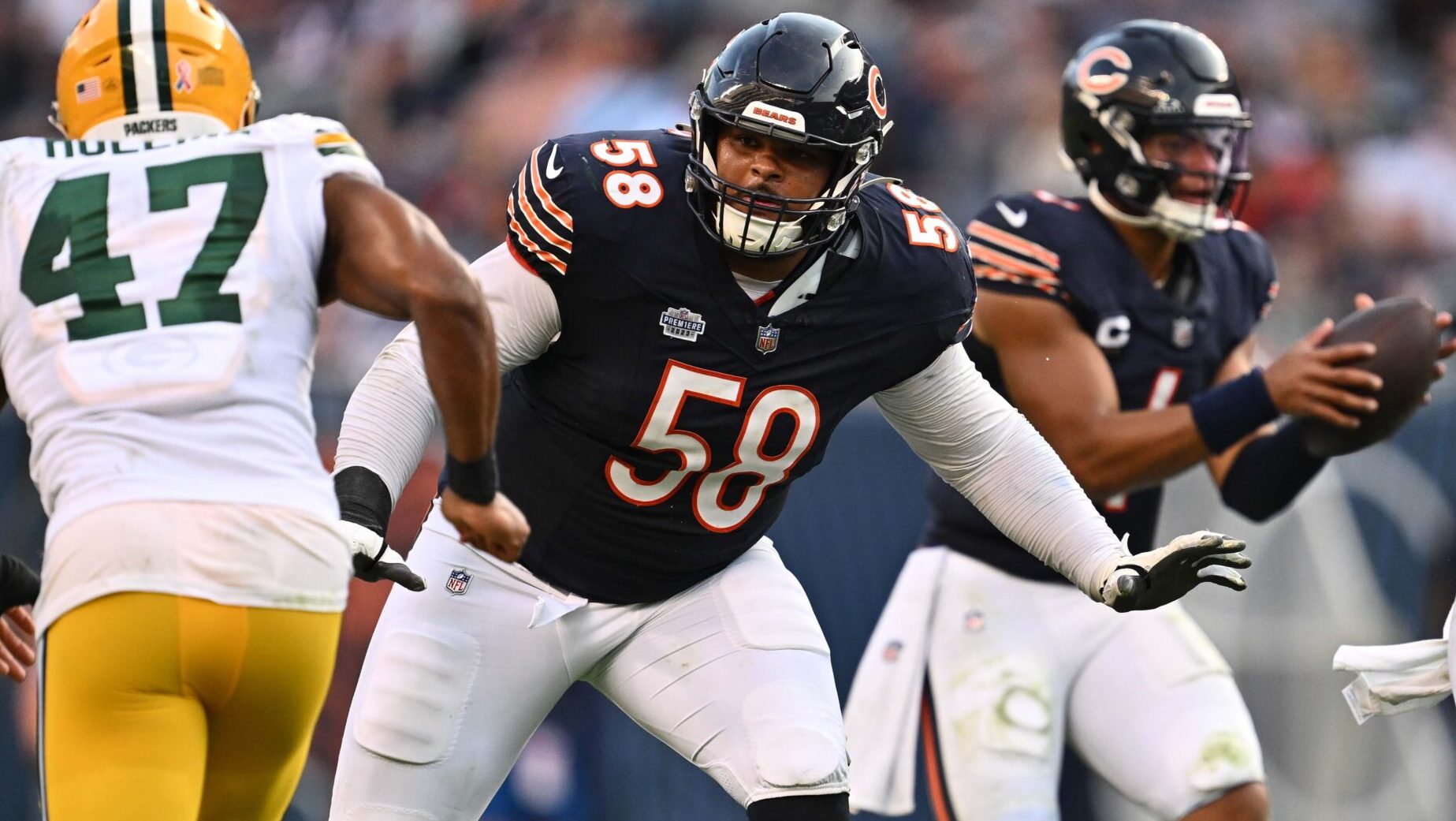Analysis
1/25/22
8 min read
John Fox's 3 Pillars That Form a Super Bowl Foundation

One of the most important things that all great coaches have in common is a strong “why” behind everything they do. If a coach’s “why” is to make money, this profession probably won’t work out for them. My “why” has always been to win a world championship.
It’s easy to talk about, but getting to a Super Bowl takes more than just talent. Everyone — the players, assistant coaches, personnel staff, and equipment and training room staff — must be in sync, especially displaying loyalty and trust in one another.
I am one of seven people on the planet that has ever taken two teams to a Super Bowl, and I never won one. I have never been on a team that has won a Super Bowl as a head coach or assistant coach, and I am motivated to get back into the league to hoist that Lombardi trophy.
One thing I’ve noticed over the years is that people do not realize how hard it is to simply get to the Super Bowl — let alone win one.
Take a look at the Cincinnati Bengals, for example. Marvin Lewis had a lot of success there, but the Bengals still hadn’t won a playoff game in 31 years before this year’s Wild Card round. You’ve first got to get to the tournament just to play in a playoff game. Then you need to win three straight playoff games just to get to the Super Bowl. It’s remarkably hard to do that, and I don't think people really understand that.
The organizations that are consistent with their approach and unwavering in their philosophy tend to be the ones that ultimately prevail.
I started my NFL career with the Steelers organization working for Chuck Noll as a defensive backs coach. At that time, they had won more Super Bowls than any other team. What the Rooney family has accomplished is a perfect example of what it takes to be great in the NFL.
The Steelers have only had three head coaches since 1969. Nobody else can even come close to that, which is a testament to the kind of organization they have and why they’ve had sustained success. They’re not changing coaches every two or three years. They realize there are going to be bumps, but they do not panic.
When hiring a coach, teams oftentimes look for the trendy or popular commodity. They want to hire the assistant of the year or the guy getting the accolades. Usually, teams want to hire that person because they’ve had success on one side of the ball or the other, but there’s so much more to being a good head coach than that.
You need to have great proficiency in X’s and O’s, but that has to be on offense, defense, and special teams to be a head coach. A good coach cannot just be one-sided.
Even more than that, a good head coach has to be authentic. The head coach stands in front of a team every day and must be able to motivate and lead his players. Without these qualities, he will not earn the proper respect from the players of the team.
Not everyone has those qualities. Even fewer people are able to marry those qualities with an unwavering philosophy that they do not deviate from. Continuing to stick by a particular philosophy in the face of adversity is simple, but it is not easy.
If I am ever a head coach again or part of a franchise again, these three philosophies are the ones that I know would have to be maintained in order to achieve success:
1) Harmony Between Personnel and Coaching Decisions
Bill Parcells said a long time ago, “If I’m going to be the chef, I want to pick the ingredients.”
Giving the coaching staff a say in personnel decisions and ensuring good collaboration and harmony between the coaches and personnel staff is of prime importance. Many of the more successful teams have a coach who has a significant hand in personnel decisions, and having their coaching staff help make personnel decisions has helped create a harmony in the building.
One of the most shocking firings that occurred recently in my opinion was Brian Flores in Miami, and it happened because there was a clear disconnect between Flores and the front office. When the most important decision makers disagree on something that is critically important, there is a great dissonance throughout the team. That is not to say that the Head Coach and GM will be 100% aligned on all decisions, but the more they can be, the better the end game will be.
I learned that lesson in 1984, when I first worked in pro football with the USFL. As opposed to college where the coach picks the player, recruits the player, and coaches said player, professional football can be more susceptible to conflicts of interest between the coaches and scouting.
If you’ve got a scout that led the charge on taking a guy in the first round and the scouts love the player, people will be reluctant to say it was their fault for picking him when he doesn’t turn out. It’s human nature to deflect that blame and put it on the coaches for not coaching them right or not using them correctly.
That’s why it takes a uniqueness in decision making. Sometimes the scout takes a guy that the coach does not really like, and I have not seen that work out too many times. If there is a more collaborative approach with the coaching staff and personnel department, there is less opportunity for that sort of friction.
Look at what Brandon Beane and Sean McDermott have done in Buffalo. They adapted from a bad situation with a lot of dead money on the cap and weathered that. They built through the draft, made some shrewd free agent pickups, took their lumps getting rid of some of the dead money, and got the right kind of people in the building.
There’s a good rapport and harmony between Beane and McDermott, and that started in Carolina when they were there together. The trust and loyalty between the GM and Head Coach is critical to success in the NFL.
2) Establish An Environment of Hard Work and Enthusiasm
When building a team environment, the two cornerstones of success are hard work and enthusiasm. You need to be able to bring those two things into work every day. You need to create an atmosphere where people don’t have a pit in their stomach when they pull into the parking lot coming to work. Employees need to be enthusiastic about what they’re about to do each day.
Building that environment and understanding — like I always say — sounds simple, but ain’t easy.
3) Win With Toughness in the Trenches
Football is a physical game. To keep it really simple, you’ve got to block and you’ve got to tackle. I always tried to start up front to make sure that we had a good offensive line and defensive line. I’ve always believed that in the truest form of football, you must be able to run the ball and stop the run. Even with the rule changes and modernization of the passing game, it still comes back to that.
One of my dark horses in this year’s NFL playoffs is the Tennessee Titans, because I feel that their philosophy bodes well. They may not have the most flashy quarterback, but they win on the lines of scrimmage.
Look at Tampa Bay winning it all last year. They’ve got a great quarterback, but they had the ability to be more old school with their approach by dominating on the line of scrimmage. And it was not a one-sided deal. They played great defense, which was a big part of their success. Ultimately, their ability to control the lines showed up in the Super Bowl. When Kansas City lost too many offensive linemen to injury, they couldn’t overcome it and lost the battle at the line of scrimmage.
It is not always about the flashy quarterback. A star quarterback can help you overcome some things, but he cannot win in the trenches for you.
A head coach must breed toughness into the organization, and he cannot deviate.
When selecting players to bring into the organization, one has to make sure that they do not bring in players who may be too small, because that makes it harder to be physical. You have to have some size restrictions, and more importantly toughness restrictions.
If you are trying to build a championship organization, each player on the roster needs to have proven their toughness and competitiveness before wearing your helmet.
These are things that I’ve learned along the way, but it takes great discipline to maintain these factors throughout the process — you cannot go with what is simply trendy or popular. These factors have been proven over time, and the head coach must be disciplined to stick with them.








